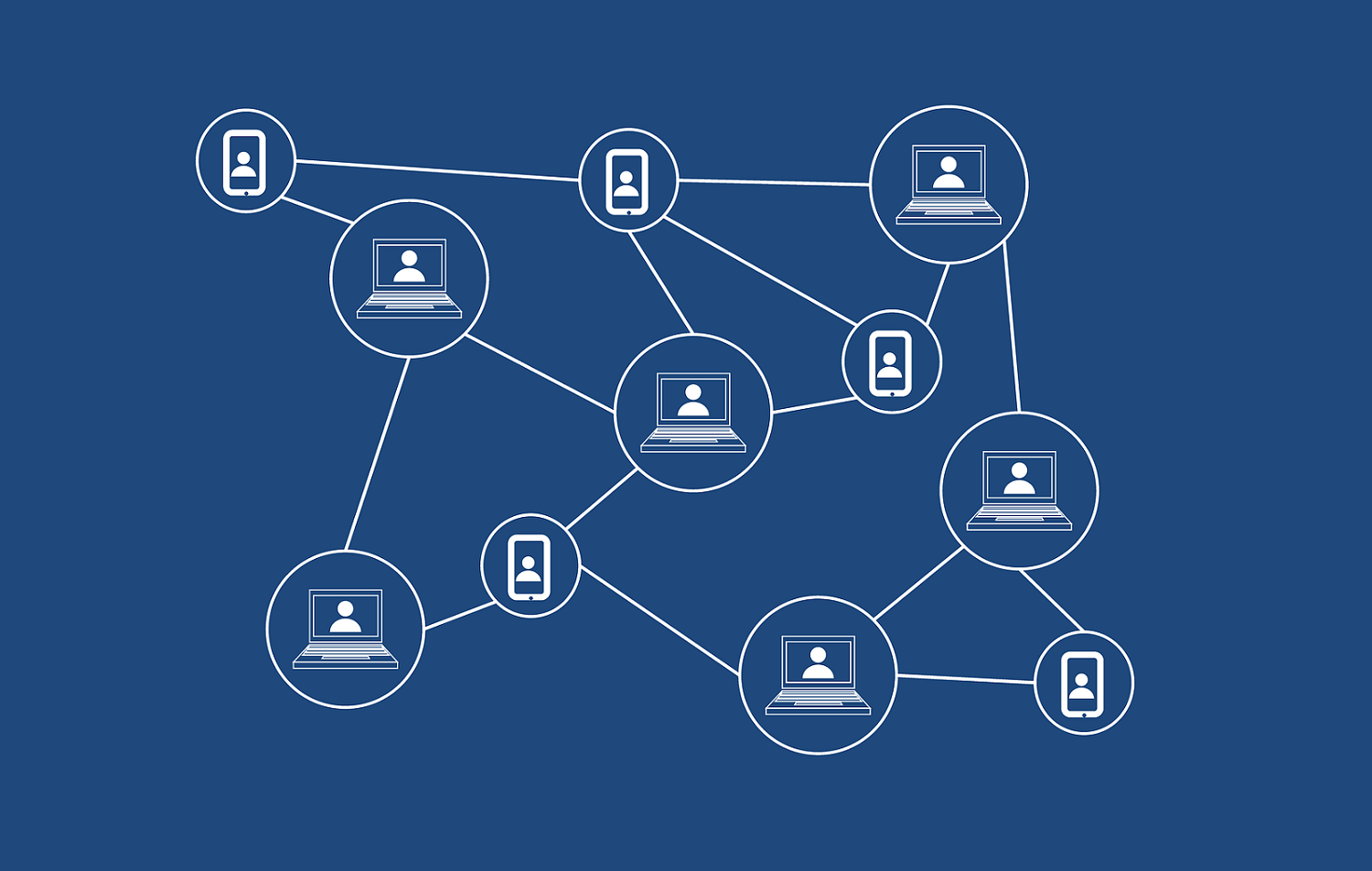A team of researchers at the University of California, San Francisco (UCSF) has built a system using blockchain technology that could ensure the integrity of clinical trial data. The ‘proof-of-concept’ method, which operates through a web portal, makes it easier to identify possible tampering with clinical results.
First conceptualized in 2008, blockchain works by using cryptographic hashing, which constructs blocks of data sequentially linking from the previous block as newer data is retrieved.
Using the concept of blockchain, a UCSF researcher created a system in which each time new data is fed on a particular trial participant, the sender, receiver, timestamp, and any attached files, as well as the hash of the last block of data of the patient, is sent to a new block where it is given a unique digital signature.
Compared to other blockchain applications, the system relies on containing a regulator with centralized authority, like the FDA, to run the web portal and manage the hashes. In real-time, the system would register in data, like adverse events, to the regulatory agency. While it prohibits the elimination of previous data, the system does permit for data entry and the correction of errors.
The system was tested using a small subset of data from a phase II trial included in a repository of open clinical trial data known as ImmPort.
Upon logging in as the trial sponsor and attempting to eliminate data of adverse events from two case report forms, the system made an update to the original data, marking a timestamp of the alteration, the changes that were done, and who had attempted to alter the forms.
In an earlier stage of the trial, during the assigning of drug and placebo treatments, data stored were targetted for alteration to make it appear as if a different treatment were administered. The blockchain ledger, however, was able to pinpoint the precise alterations made and even produced a timestamp.
Although the prototype system gives oversight into the effectiveness of blockchain technology for clinical trial data, security risks are possible, researchers suggest.
“A prototype system like this reduces risks, but does not completely protect data from tampering. Even within a system enabled with this type of blockchain technology, the authors pointed out, it is still possible that those seeing patients at the point of care could enter wrong or incorrect data at the outset.”
Nevertheless, researchers are still confident that blockchain technology could someday make data exchanges more secure and efficient, providing more access to raw data to researchers.
“Everyone is talking about how blockchain is going to revolutionize many of the data challenges in medicine, and here is one use that finally might make sense,” said Atul J. Butte, director of the Bakar Computational Health Sciences Institute at UCSF. “We think it could someday be useful for pharma companies running clinical trials.”
The findings appeared in the journal Nature Communications.

